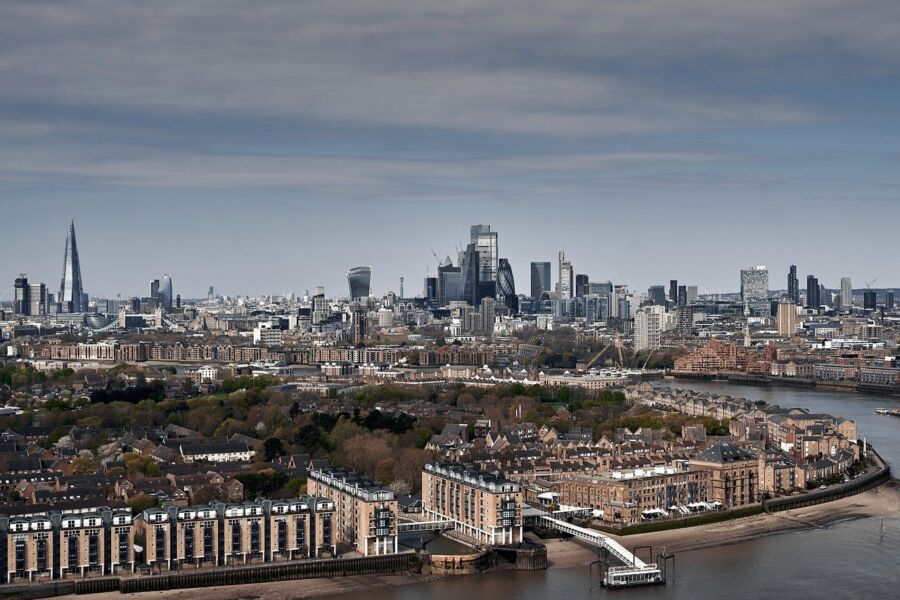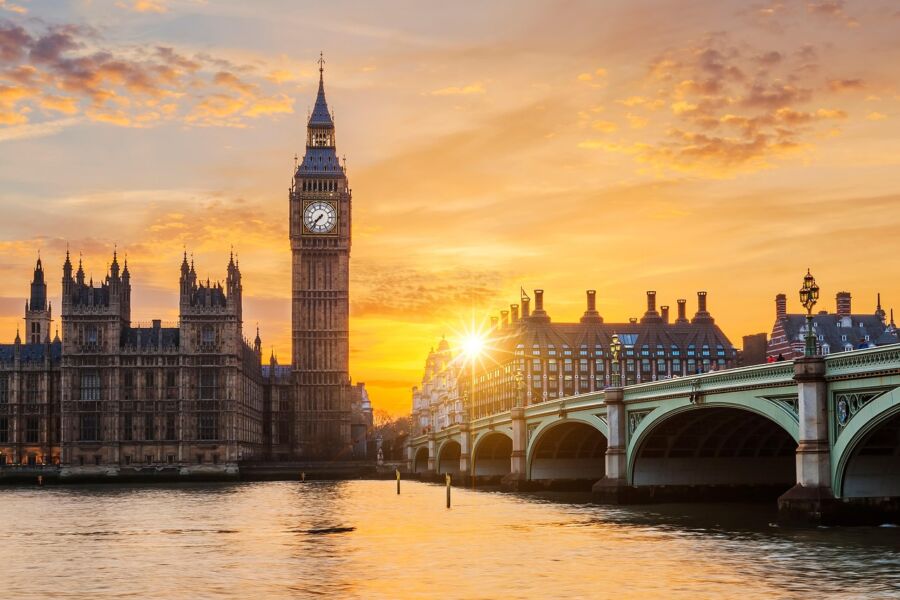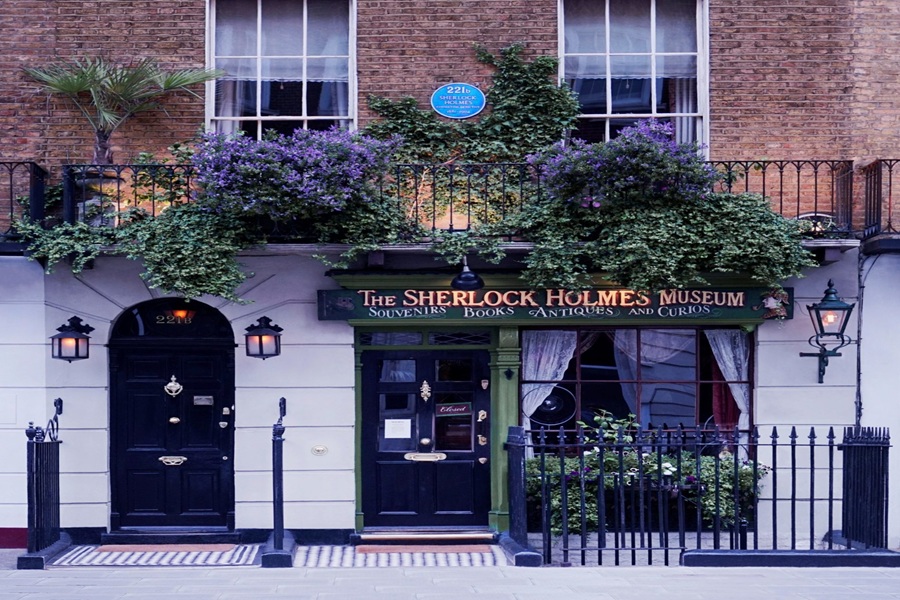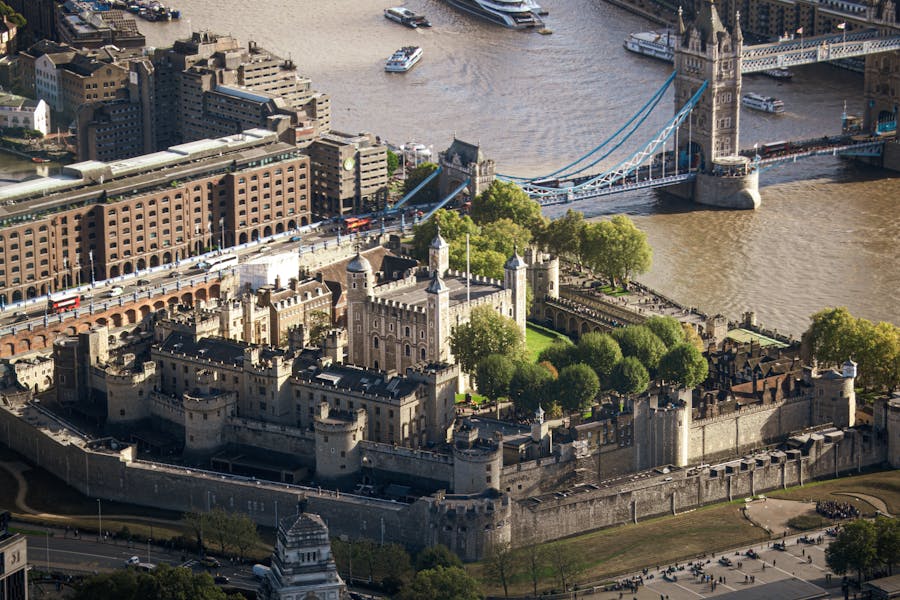
Budapest vs London: Which European Capital Offers the Best City Break Experience?
Budapest and London are two of Europe’s most popular cities for travelers. Both offer unique charms, but they’re quite different experiences.
Budapest has lower costs and a more relaxed vibe, while London boasts world-famous landmarks and a bustling cosmopolitan atmosphere. The Hungarian capital shines with its thermal baths, stunning architecture, and scenic Danube views. Meanwh
Weather can impact your trip too. Budapest tends to have sunnier springs, perfect for exploring its charming streets. London’s famously rainy days might send you ducking into cozy pubs or free museums. Your choice depends on what you’re after – Budapest’s affordability and laid-back feel or London’s endless attractions and global city buzz.
Contents
- Geographical Overview and Demographics
- Location and Size
- Population and Inhabitants
- Historical Significance and Cultural Richness
- Historical Landmarks
- Cultural Heritage
- Economic Factors and Cost of Living Comparison
- Affordability
- Economic Overview
- Educational Excellence
- Universities
- Research and Development
- Leisure and Entertainment Options
- Museums and Galleries
- Nightlife and Events
- Tourism and Travel Style
- Attractions
- Accommodations and Services
- Healthcare and Public Services
- Healthcare Quality
- Public Facilities
- Frequently Asked Questions
- What are the cost of living differences between Budapest and London?
- How does the size and population of Budapest compare to London?
- What are the contrasts in living expenses when comparing Budapest and the UK overall?
- In terms of affordability, how does Budapest stack up against London?
- What are the notable lifestyle and cultural differences between Budapest and London?
- How do transportation costs in Budapest compare with those in London?
- More Travel Guides
Geographical Overview and Demographics

Budapest and London are two major European capitals with distinct geographical features and populations. Both cities have rich histories and diverse inhabitants, but their sizes and locations differ significantly.
Location and Size
Budapest sits along the Danube River in central Hungary. The city covers about 525 square kilometers (203 square miles). It’s split into two main parts – Buda on the west bank and Pest on the east. The Danube runs right through the middle, creating a picturesque cityscape.
London is much bigger. It sprawls across 1,572 square kilometers (607 square miles) in southeast England. The Thames River snakes through London, but unlike Budapest, the city grew outward from its banks over centuries. London’s size means it has many distinct neighborhoods and boroughs, each with its own character.
Population and Inhabitants
Budapest has fewer people than London. About 1.75 million folks call Budapest home. The city is the heart of Hungary, with a mix of native Hungarians and immigrants from nearby countries. Budapest’s population has stayed pretty steady in recent years.
London is a true global megacity. It’s home to nearly 9 million people – more than five times Budapest’s population. London is incredibly diverse, with residents from all over the world. You’ll hear hundreds of languages spoken on its streets. The city keeps growing, too, as it attracts newcomers from across the UK and abroad.
Historical Significance and Cultural Richness
London and Budapest boast rich histories and cultural treasures. These cities offer visitors a chance to step back in time while enjoying modern amenities. Let’s explore their iconic landmarks and cultural heritage.
Historical Landmarks

London’s skyline is dotted with famous sights. Big Ben, the clock tower at the Houses of Parliament, is a symbol of the city. The Tower of London, a historic castle and fortress, holds the Crown Jewels. Westminster Abbey, where British monarchs are crowned, is a must-see for history buffs.
Budapest has its own gems. The Hungarian Parliament Building, with its Gothic Revival style, sits on the Danube’s banks. Buda Castle, once home to Hungarian kings, offers stunning views of the city. The Fisherman’s Bastion, a terrace in neo-Gothic style, is a favorite spot for tourists.
Both cities have bridges that are landmarks themselves. London’s Tower Bridge is instantly recognizable. Budapest’s Chain Bridge was the first to connect Buda and Pest.
Cultural Heritage

London’s museums are world-class. The British Museum houses artifacts from around the globe. Art lovers flock to the National Gallery and Tate Modern. The city’s West End is famous for theater productions.
Budapest’s thermal baths are part of its cultural fabric. The Széchenyi Baths, one of Europe’s largest spa complexes, date back to 1913. The city’s coffee house culture is alive and well in spots like the New York Café.
Both cities have vibrant music scenes. London gave birth to iconic bands like The Beatles. Budapest’s folk music tradition is still strong, with regular performances at venues around town.
Food is a big part of cultural identity. London offers a mix of cuisines from its diverse population. Budapest is known for hearty dishes like goulash and langos, a fried bread snack.
Economic Factors and Cost of Living Comparison
Budapest and London offer vastly different economic landscapes for residents and visitors alike. The cost of living gap between these two European capitals is significant, with Budapest being much more affordable overall.
Affordability
Budapest is a budget-friendly paradise compared to pricey London. You’d need about £6,700 in London to maintain the same lifestyle that £2,650 would get you in Budapest. That’s a huge 60% difference!
Rent is the biggest money-saver in Budapest. A nice flat in the city center costs way less than a tiny shoebox in London. Groceries are also much cheaper – you’ll pay about 32% less at Budapest supermarkets.
Eating out won’t break the bank in Budapest either. A tasty lunch with a drink runs around £8, while you’d shell out £17 for the same meal in London. Even fast food is a better deal, with combo meals costing nearly 50% less.
Economic Overview

London’s economy dwarfs Budapest’s in size and global influence. As a leading financial hub, London attracts major corporations and talent from around the world. This drives up wages but also living costs.
Budapest’s economy is smaller but growing steadily. The city is becoming a popular spot for startups and digital nomads drawn to its low costs and high quality of life. Tech and tourism are booming sectors.
Unemployment is low in both cities, hovering around 4-5%. But average salaries differ greatly. A typical London worker earns over 3 times more than their Budapest counterpart. This higher pay helps offset London’s steeper living expenses.
Educational Excellence
Budapest and London both offer outstanding educational opportunities. Their universities and research institutions attract students and scholars from around the world. Let’s take a closer look at what each city has to offer in terms of higher education and innovation.
Universities

Budapest boasts several top-notch universities that cater to international students. The Hungarian University of Agriculture and Life Sciences stands out as one of Europe’s best agricultural schools. It’s got a long history dating back to 1787, even though it only got its current name in 2021.
London, on the other hand, is home to some of the world’s most prestigious universities. It’s no surprise that the city keeps topping lists of best student cities year after year. In fact, it nabbed the #1 spot on the QS Best Student Cities 2023 rankings.
Both cities offer programs taught in English, making them great choices for international students. But London probably has the edge when it comes to variety and global recognition of its schools.
Research and Development
When it comes to research, both Budapest and London are powerhouses. Hungarian universities have a strong tradition of academic research, especially in fields like mathematics and sciences. The Budapest University of Technology and Economics is known for its cutting-edge work in engineering and technology.
London, with its concentration of world-class universities and research institutions, is a global hub for innovation. It attracts top talent and funding from around the world. The city’s universities consistently rank high for research impact through citations.
Both cities offer great opportunities for students and researchers. But London’s sheer size and resources give it an advantage in terms of research output and impact on the global stage.
Leisure and Entertainment Options
Budapest and London both offer amazing ways to have fun and experience culture. Each city has its own unique vibe when it comes to museums, nightlife, and events.
Museums and Galleries

London is a museum lover’s dream. The British Museum is a must-see, with its huge collection of world treasures. It’s free to visit, so you can pop in anytime. The National Gallery and Tate Modern are great spots for art fans.
Budapest has some cool museums too. The House of Terror gives a chilling look at Hungary’s dark past. For something lighter, check out the Pinball Museum. It’s hands-on fun with classic arcade games.
Both cities have quirky museums. London has the Sherlock Holmes Museum, while Budapest offers the Hospital in the Rock Nuclear Bunker Museum.
Nightlife and Events

London’s nightlife is famous worldwide. There’s always something going on, from West End shows to underground clubs. Fancy a pint? Hit up a traditional pub or trendy bar in Shoreditch.
Budapest’s ruin bars are a unique experience. These bars in old buildings have a cool, grungy vibe. The city’s thermal baths host epic spa parties at night.
Both cities shine when it comes to events. London has big festivals like Notting Hill Carnival. Budapest puts on Sziget Festival, a week-long music bash on an island in the Danube.
For a chill night out, try a river cruise. See London’s landmarks lit up on the Thames, or admire Budapest’s stunning Parliament building from the Danube.
Tourism and Travel Style
Budapest and London offer distinct experiences for tourists. Each city has its own unique charm and attractions that cater to different travel preferences.
Attractions

London’s iconic landmarks are hard to beat. The Tower of London lets you step back in time, while Buckingham Palace gives a glimpse of royal life. For amazing views, the London Eye can’t be missed. These spots get busy, so booking tickets in advance is smart.
Budapest has a more laid-back vibe. Its thermal baths are a big draw. Soaking in warm mineral waters is a must-do. The city’s stunning architecture, like the Parliament building, wows visitors. River cruises on the Danube offer great views of both Buda and Pest sides.
Both cities have world-class museums. London’s are mostly free, which is a big plus. Budapest’s are cheaper than other European capitals. Art lovers will find plenty to enjoy in both places.
Accommodations and Services

London has a wider range of places to stay, from luxury hotels to budget hostels. Prices can be steep, especially in central areas. Finding good deals takes some work. The city’s public transport is extensive but can get crowded.
Budapest offers more bang for your buck. Hotels and restaurants are generally cheaper. The city is compact, making it easy to explore on foot. Public transport is efficient and affordable. Taxis are reasonably priced too.
Service quality varies in both cities. London’s tourism industry is more developed, but can feel impersonal at times. Budapest’s smaller scale often means friendlier, more personal service. Language barriers might be more common in Budapest, though many locals speak some English.
Healthcare and Public Services
Both Budapest and London offer public healthcare systems, but there are some key differences in quality and accessibility. Public facilities like parks and libraries also vary between the two cities.
Healthcare Quality
Budapest’s healthcare system is more affordable for the average person. The city guarantees public health coverage for most residents. But the quality can be hit or miss. Some public hospitals are outdated with long wait times.
London’s National Health Service (NHS) provides free care to all UK residents. The NHS faces challenges like staff shortages and wait times. But it offers world-class specialists and cutting-edge treatments. Private options are available too, but pricey.
Neither system is perfect. Budapest is cheaper but London likely has better overall quality and tech. Tourists should get travel insurance for either city.
Public Facilities

Budapest shines when it comes to thermal baths. The city has tons of historic bathhouses fed by natural hot springs. They’re great for relaxing and soaking up local culture.
London’s parks are hard to beat. Hyde Park, Regent’s Park, and many others offer huge green spaces. Perfect for picnics, sports, or just lounging on sunny days.
Both cities have good public transit. Budapest’s metro is smaller but efficient. London’s Tube and bus network is massive but can get crowded.
Libraries and museums are plentiful in both places. London probably wins for variety and famous collections. But Budapest has some real gems too, often with shorter lines.
Frequently Asked Questions
Budapest and London offer very different experiences for visitors and residents alike. Let’s dive into some key comparisons between these two European capitals.
What are the cost of living differences between Budapest and London?
Budapest is much cheaper than London overall. Rent can be 70-80% lower in Budapest. Food, drinks, and entertainment also cost less in the Hungarian capital. A meal out or a beer will typically set you back about half as much as in London.
How does the size and population of Budapest compare to London?
London is way bigger than Budapest. It has about 9 million people, while Budapest has around 1.7 million. London covers a much larger area too – it’s spread out over 1,572 square kilometers compared to Budapest’s 525.
What are the contrasts in living expenses when comparing Budapest and the UK overall?
Budapest is a bargain compared to most of the UK. Housing costs are way lower – you can rent a nice apartment in Budapest for what a small room would cost in many UK cities. Groceries and eating out are cheaper too. Public transport in Budapest is a fraction of UK prices.
In terms of affordability, how does Budapest stack up against London?
Budapest wins hands down for affordability. Your money goes much further there. A fancy night out in Budapest might cost the same as a casual pub meal in London. Taxis, haircuts, clothes – pretty much everything is cheaper in Budapest.
What are the notable lifestyle and cultural differences between Budapest and London?
Budapest has a more laid-back vibe. People take time to relax in thermal baths and coffee houses. London’s fast-paced and multicultural. Budapest feels more traditionally European. Both cities have great nightlife, but London has more variety. Budapest’s easier to explore on foot.
How do transportation costs in Budapest compare with those in London?
Public transport in Budapest is way cheaper. A monthly pass costs about €30, compared to over €150 in London. Taxis are also much more affordable in Budapest. Uber’s banned there, but local ride-hailing apps work well. Cycling is popular in both cities, with bike-sharing schemes available.



